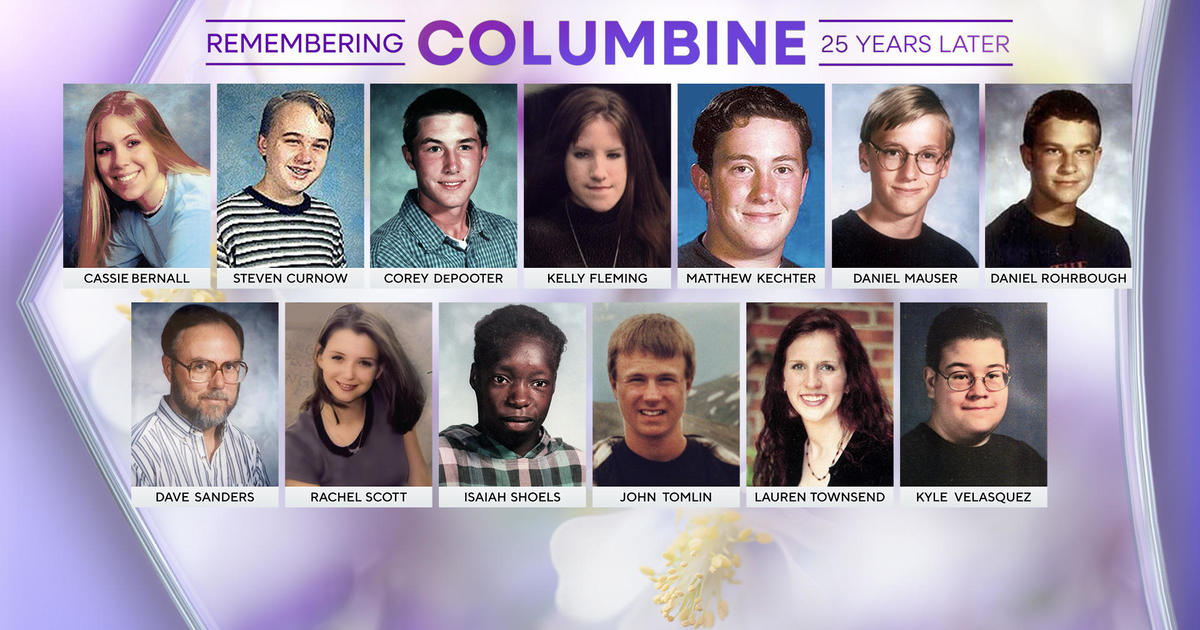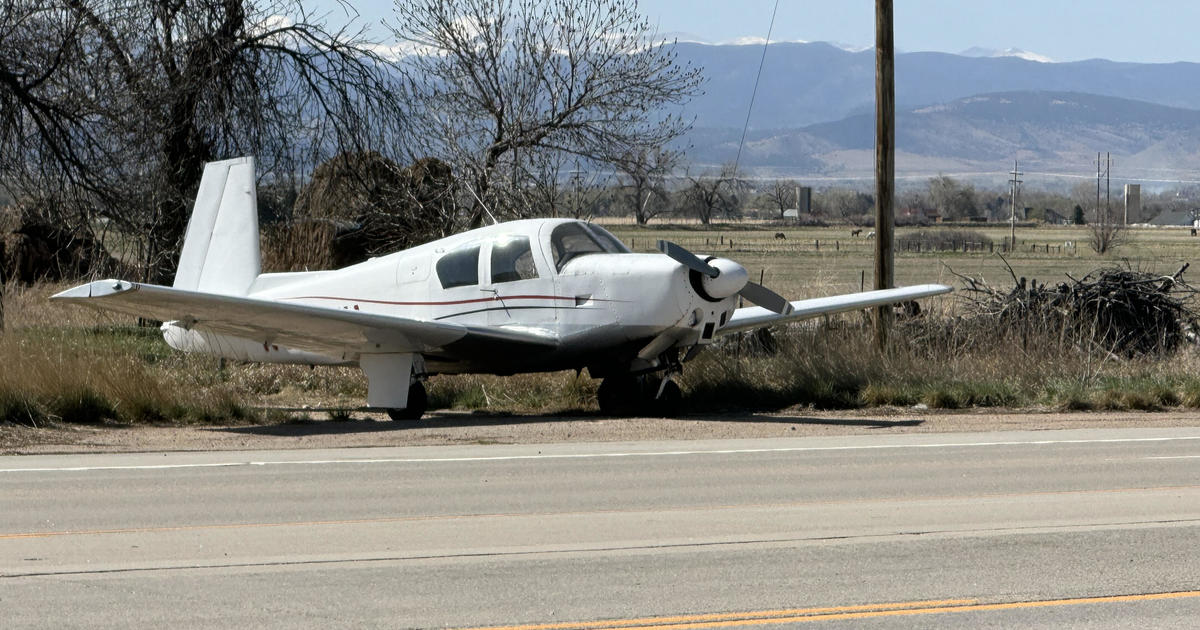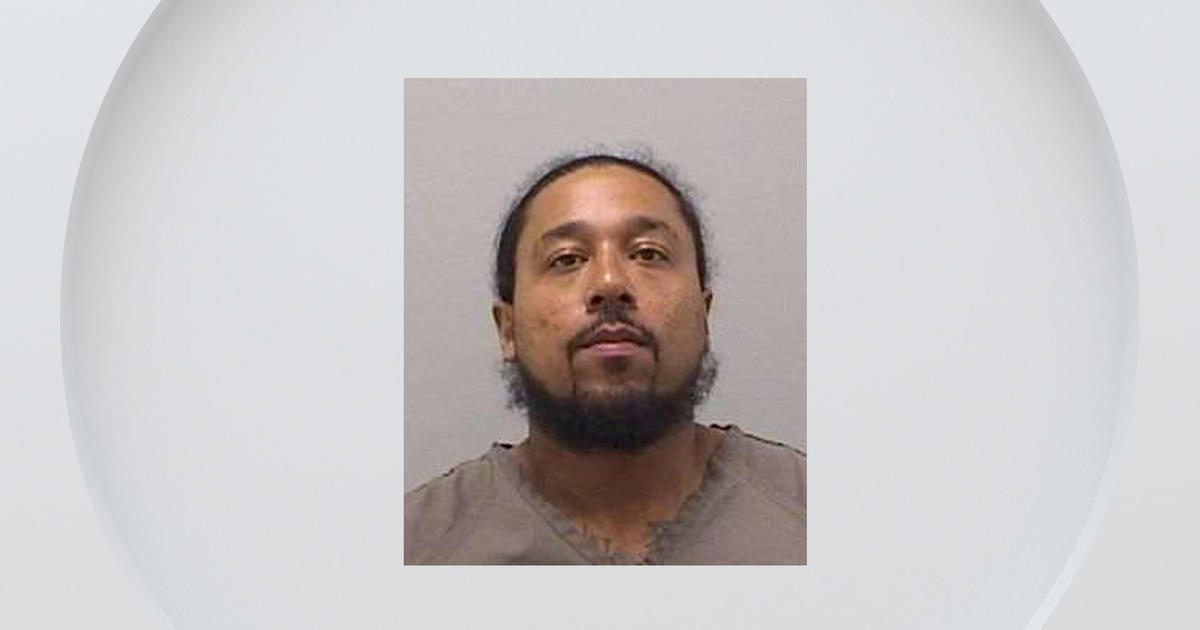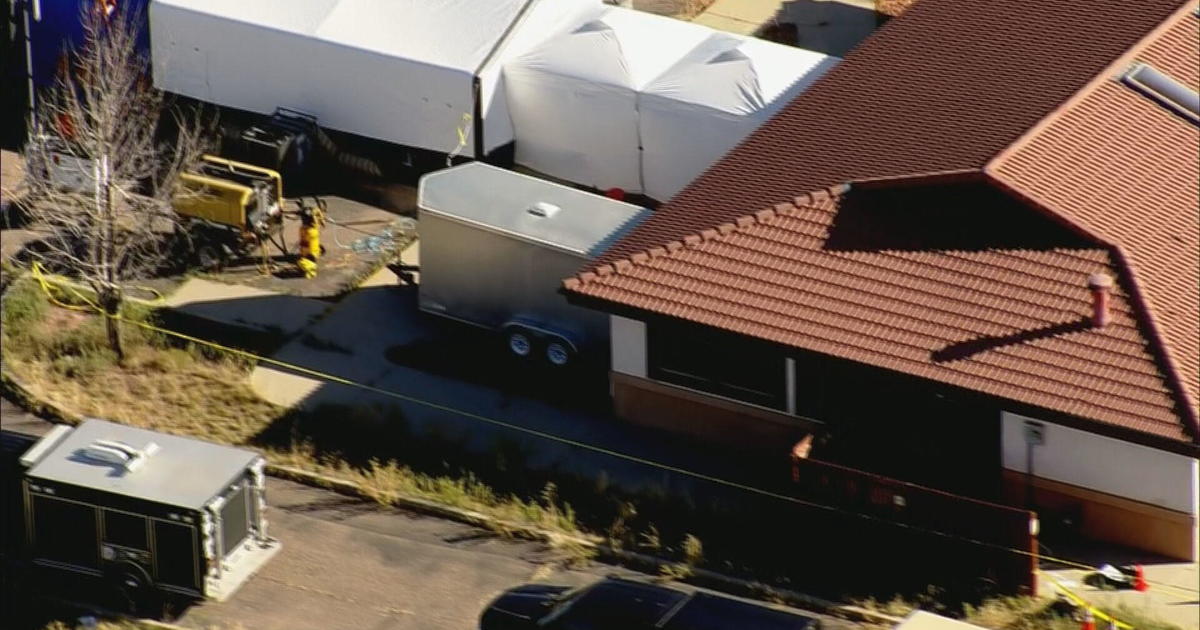Hospital Staff: Treating Shooting Victims 'Made Us Feel Very Vulnerable'
AURORA, Colo. (CBS4) - Every one of the Aurora theater shooting victims that made it to the hospital survived. Fifty-eight patients were rushed to hospitals across the city and 23 of them went to University of Colorado Hospital. CBS4's Kathy Walsh sat down with some of the doctors and nurses who saved so many lives.
It was an emergency department turned house of horrors.
"I saw patients all over the hallways that were obviously gunshot wounds; I saw staff covered in blood from pulling patients out of police cars," Nurse Manager April Koehler said.
There were extraordinary injuries.
"The first patient I saw was a young man who was shot in the eye," Emergency Medical Technician Daryl Johnson said.
Even seasoned staff felt fear.
"I was kind of thinking, 'Are we safe?' Because we had no clue what was going on," Johnson said.
Nobody could have imagined what the University of Colorado Hospital was in for early July 20, 2012. Emergency was already short staffed and overcrowded. Now 23 victims were being rushed from Aurora's Century 16 Theater.
"We got another person outside shot in a leg -- a female. I got people running out of the theater that are shot," a woman was heard saying on a scanner.
One would die on arrival. The rest needed urgent treatment for all manners of gunshot wounds.
"I never envisioned it would be what it was when I got there," Koehler said.
"You didn't have time to think about being shocked, you had to do what you needed to do," Charge Nurse Becky Davis said.
"It was just one thing after another and kept going, going, going," Johnson said.
Dr. Barbara Blok trained in East Baltimore, but she'd never seen so many innocent people so terribly hurt.
"This you could totally put yourself in the shoes of the victim. You could see yourself sitting in that theater. I think that made it very hard for all of us," Blok said. "It made us feel very vulnerable."
Johnson admitted the stress of that night is still with him.
"Kind of have to buck it up, then cry and keep moving," Johnson said. "I still (cry) sometimes thinking about it."
He can't shake the sense of foreboding.
"Every now and then when it gets busy, busy at work, I'm not sure if it's just me still, but you just get anxious, like all of a sudden, 'Oh it's going to happen again, it's going to happen again,' " Johnson said.
Davis feels a profound loss.
"Loss of our safety; it's kind of like 9-11, we all of a sudden lost our safety," Davis said.
Nursing Director of Emergency Rob Leeret is surprised how other events now affect him, such as the Boston Marathon bombing and the elementary massacre in Newtown, Conn.
"Almost -- it just knocks you back a minute and you get helpless again and you go, 'What's the world coming to?' And then you just have to put your chin up and remember we have to persevere or they win," Leeret said.
Koehler applauds all who pitched in last July 20.
"Not once did I ever hear, 'That's not my job.' People did what they needed to do that night to get through," Koehler said.
All agree they are a tighter unit -- stronger individuals and more dedicated to their work than ever.
"We're trained to comfort people and treat people and diagnose people in times of crisis," Blok said. "That's why we do this job, that's what we love about our job."
"I'm a nurse, if I ever had to do it again I would wake up in the middle of the night and come and do it all over again," Koehler said.
CU Hospital now has a new emergency department that is triple the size.



